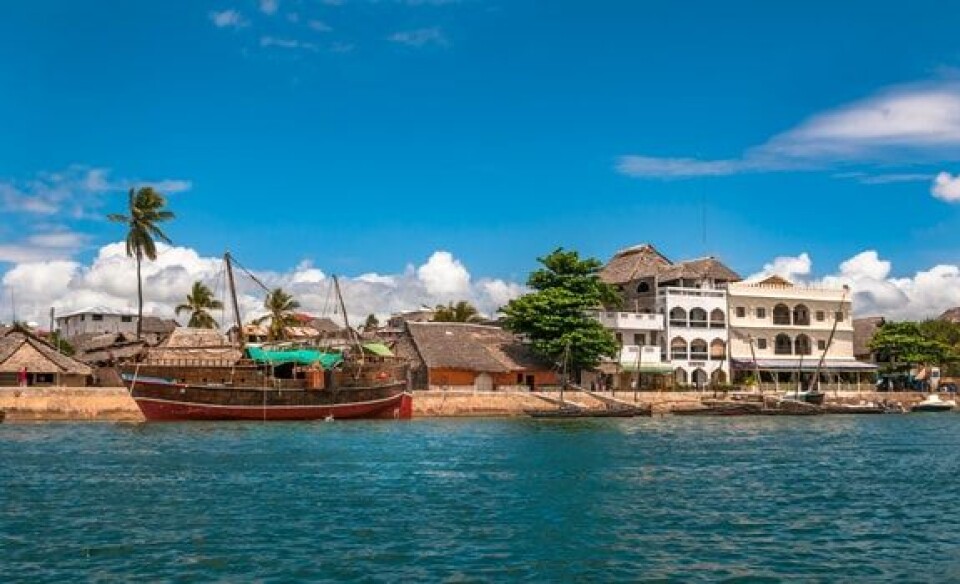Copyright : Re-publication of this article is authorised only in the following circumstances; the writer and Africa Legal are both recognised as the author and the website address www.africa-legal.com and original article link are back linked. Re-publication without both must be preauthorised by contacting editor@africa-legal.com
Infrastructure Project Halted

Lamu, Kenya’s judicial system has stood firm against a government push for a massive coal power station that did not adequately consider the community and environment.
An environmental tribunal in Kenya has ordered a halt to plans to build a coal-fired power station near the UNESCO World Heritage Site of Lamu on Kenya's picturesque coastline, a major win for activists who have waged a three-year court battle against it.
Kenya's government wants to build what will be East Africa's first coal plant in the Lamu archipelago, home to an ancient Swahili settlement, vast unspoiled beaches and a rich marine life.
However activists and Lamu residents contested the issuing of a licence to the developer Amu Power, arguing there had been insufficient public participation.
The National Environmental Tribunal (NET) ruled in their favour, ordering a fresh environmental impact assessment if they want to proceed.
“Public participation is the oxygen that gives life to an ESIA (Environmental and Social Impact Assessment) report,” said Judge Mohamed Balala.
Activists cheered outside the court and fought back tears after the ruling, which delays the construction of the plant but does not stop it, as Amu Power can appeal and the fresh environmental impact assessment could still be approved in the future.
Nevertheless DeCOALonise said the ruling indicated “a new era in environmental protection in Kenya”, in a statement.
"Today, Kenya’s judicial system signalled that it will ensure that regulatory bodies sufficiently consider the environmental and social impacts of large-scale infrastructure projects. The tribunal stated that it will intervene where a license is issued in violation of the law. "
Ochiel Dudley, a lawyer with the Katiba Institute, which litigated the case, described the ruling as "a major one for the environment and for the people of Lamu and Kenya. It has stamped the authority of tribunals in courts to ensure compliance with the rule of law."
The decision to build a coal plant, which the government said will help fuel the economy, and create jobs, came under fierce criticism in Kenya, where about 70 percent of energy is currently fuelled by renewable resources like hydropower and geothermal.
Some experts said the country already had enough power for its needs, and that the coal plant would lead to expensive excess energy.
According to German environmental NGO Urgewald, Africa accounts only for about seven percent of global greenhouse gas emissions and few outside South Africa have coal plants.
While activists believe there is a unique opportunity for the continent to leapfrog such technology and invest in renewables, foreign coal plant developers -- specifically China -- are pushing the construction of such power stations in Africa.
The NGO said in a 2018 report that new coal power stations are being developed in 18 African countries.
